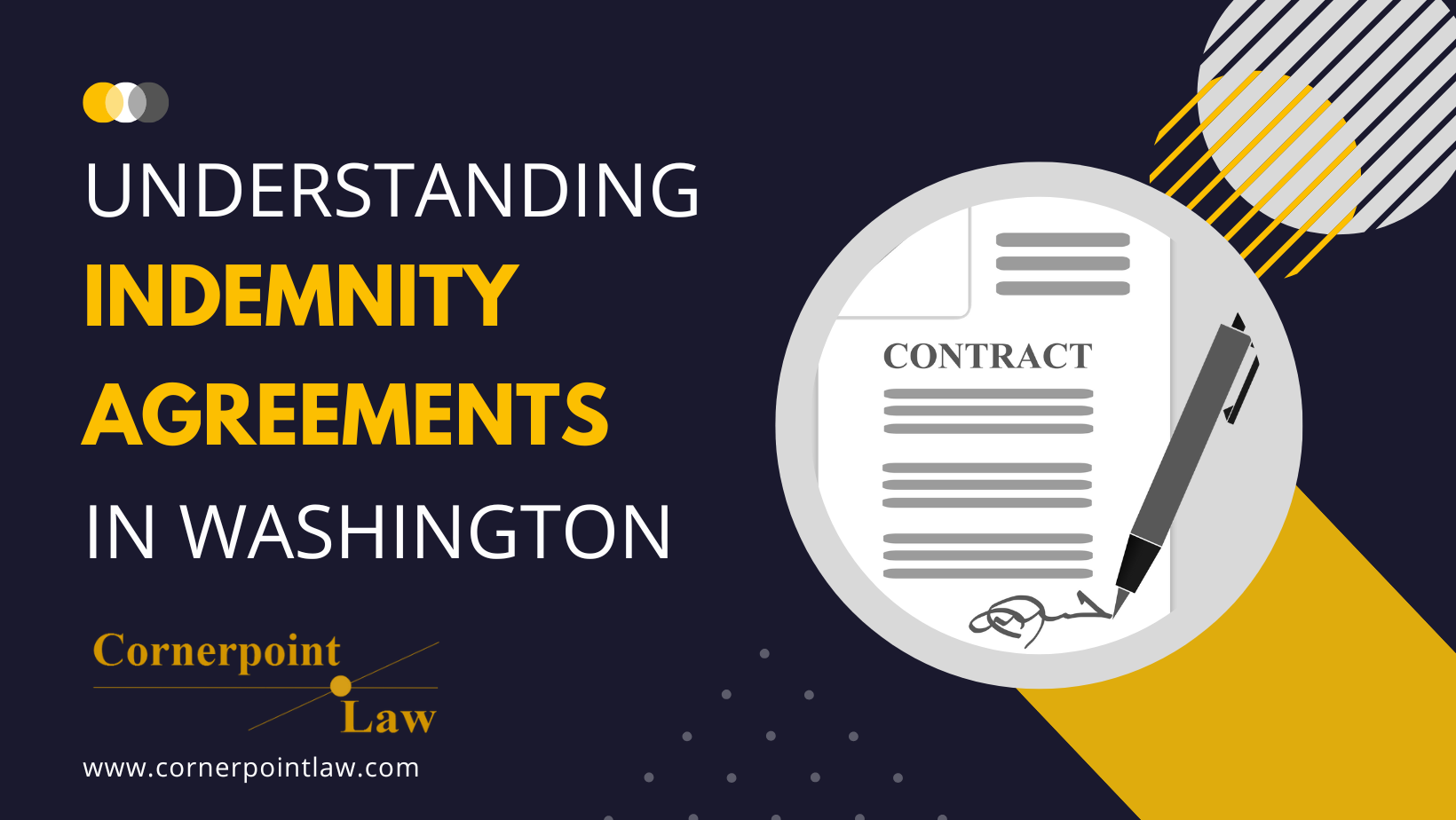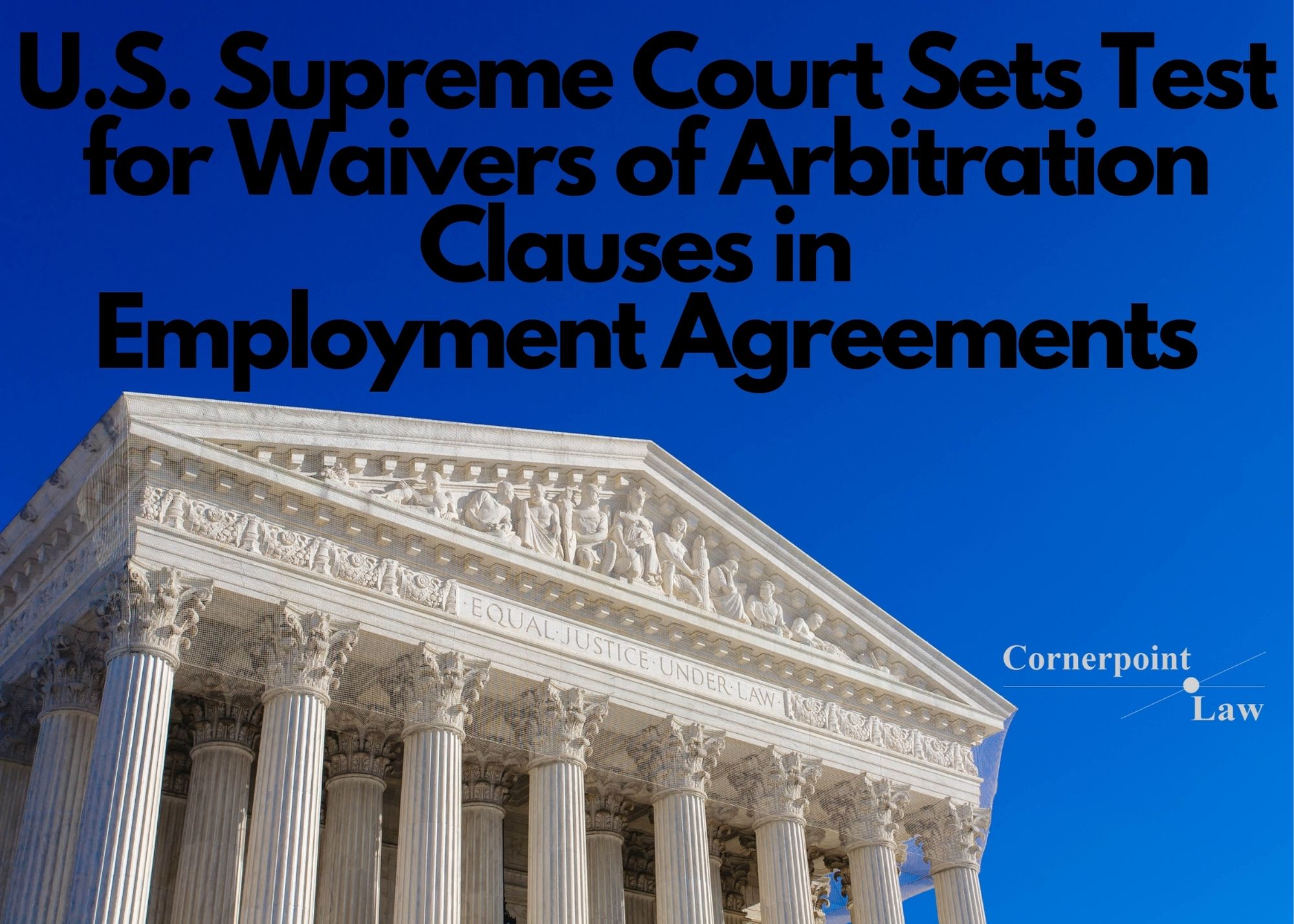Force Majeure – A Force To Reckon With
April 30, 2020
Unauthorized use and/or duplication of blogposts without express and written permission is strictly prohibited. Excerpts and links may be used, provided that full and clear credit is given, and with appropriate and specific direction to the original content.
The author of this post can be reached by phone at 206-693-2718 or by email.
Excusing Contractual Performance Because of Uncontrollable Circumstances
By Stacia Hofmann, Small Business Attorney & Certified Risk Manager
One of the required elements of a legally-binding contract is some sort of exchange between the parties. Usually, it is an exchange of money, of property, of promises, or of some combination of the three. When a party fails to complete the exchange, that party may be liable for breach of contract. But a force majeure clause in a contract can excuse a party from performing because of external, uncontrollable forces.
Given the unprecedented COVID-19 pandemic, there is no better time for business owners to familiarize themselves with any force majeure clauses in current contracts, and to consider whether and to what extent to use a force majeure clause in the future.
What Is a Force Majeure Clause?
The term “force majeure” is yet another example of legalese that has failed to modernize into plain language. A force majeure “event” is an occurrence beyond the reasonable control of a party to a contract that causes the party to fail to fulfill a promise. A force majeure “clause,” then, is a contract section or provision that allows a party to escape liability for breach of contract because of a force majeure event.
What Are Some Examples of Force Majeure Events?
F orce majeure clauses can be drafted narrowly or broadly. They can apply to one or both parties to a contract. They can even identify specific force majeure events.
orce majeure clauses can be drafted narrowly or broadly. They can apply to one or both parties to a contract. They can even identify specific force majeure events.
The most common types of force majeure events are:
- Acts of War
- Riots
- Terrorist Attacks
- Governmental Actions
- Natural Disasters and Severe Weather Events
- Fires
- Strikes and Labor Disputes
It is certain that we will seen “pandemics” and “virus outbreaks” rise in popularity as force majeure events.
What Is an Example of a Force Majeure Clause?
How about a high-profile, real-world example of a force majeure provision? In 1981, The Seattle Times and the Seattle Post-Intelligencer newspapers entered into a joint operating agreement for the parties to share expenses and revenue, and for The Seattle Times to provide the materials, equipment, and labor to print, sell, and distribute both the P-I and The Seattle Times. The parties included a force majeure clause in their contract that read:
Neither party shall be liable to the other for any failure or delay in
performance under this Agreement, occasioned by war, riot, government
action, act of God or public enemy, damage to or destruction of facilities,
strike, labor dispute, failure of supplier or workers, inability to obtain
adequate newsprint or supplies, or any other cause substantially beyond the control of the party required to perform.
The newspapers were involved in a lawsuit about the contract terms and whether the force majeure provision affected the ability of The Seattle Times to terminate the agreement partly because the Newspaper Guild and the Teamsters Union in fact went on strike.1
As a Business Owner, How Can I Use Force Majeure Clauses?
Talk to a business attorney about the pros and cons of including force majeure provisions in your contracts. Not every contract needs a force majeure clause, and not every party to a contract wants a force majeure clause. Risk mapping is one way to consider the consequences of including – or not including – a force majeure clause in a business contract.
This blog is for informational purposes only and is not guaranteed to be correct, complete, or current. The statements on this blog are not intended to be legal advice, should not be relied upon as legal advice, and do not create an attorney-client relationship. If you have a legal question, have filed or are considering filing a lawsuit, have been sued, or have been charged with a crime, you should consult an attorney. Furthermore, statements within original blogpost articles constitute Stacia Hofmann’s opinion, and should not be construed as the opinion of any other person. Judges and other attorneys may disagree with her opinion, and laws change frequently. Neither Stacia Hofmann nor Cornerpoint Law is responsible for the content of any comments posted by visitors. Responsibility for the content of comments belongs to the commenter alone.
- The case, Hearst Commc’n, Inc. v. Seattle Times, Co., 154 Wn.2d 493, 115 P.3d 262 (2005), was decided by the Washington Supreme Court, and the court’s analysis and decision are beyond the scope of this blogpost. ↩




